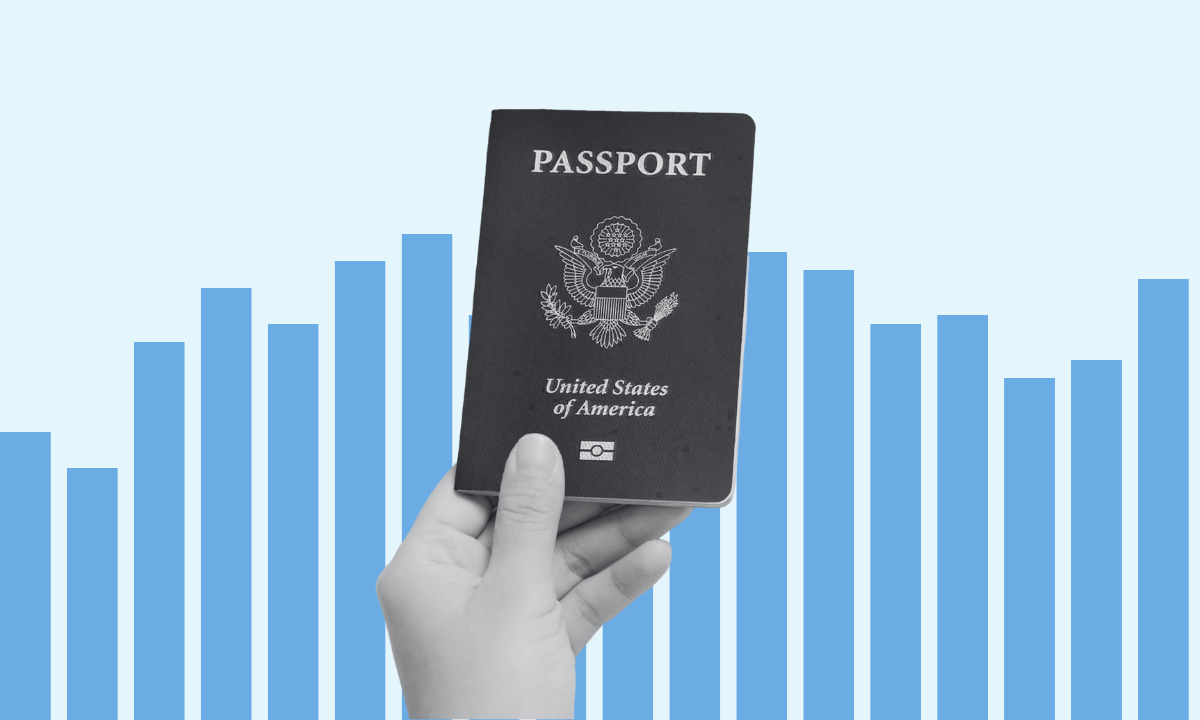What are considered obstacles for airlines?
According to the Centers for Disease Control and Prevention, disabilities include mobility impairments, cognitive impairments, hearing impairments, and vision impairments. The Air Carrier Access Act of 1986 prohibits airlines from discriminating against passengers because of these disabilities. This applies to all flights to, from, and within the United States.
Airlines must accommodate some passengers whose disabilities require them to use mobility aids such as crutches, wheelchairs or electric scooters. Airlines must also allow passengers to bring assistive devices, such as medical equipment or service animals, on board in accordance with safety regulations.
Although airlines can request documentation verifying the health, behavior, and training of a service animal, they are not permitted to request documentation for the person using the service animal. This means that airlines cannot ask passengers to prove they need a service animal.
How do airlines accommodate people with disabilities?
Aircraft accessibility rules require amenities such as movable armrests, accessible toilets and foldable wheelchair storage. Airlines must provide assistance with boarding, disembarking and transferring, and provide step-free gates and ramps where necessary.
The U.S. Department of Transportation’s Bill of Rights for Air Passengers with Disabilities says airlines must allow passengers to carry assistive devices, such as medical equipment and personal medications, in the cabin at no extra charge.
If the wheelchair will not fit in the cabin, the passenger must check it in. If an airline loses or damages a passenger’s wheelchair, the airline must compensate up to the original purchase price of the wheelchair.
Airlines must allow passengers with disabilities to bring their service dogs with them unless the service dog poses a direct threat to the health or safety of others, causes a significant disruption, violates the law, or the airline has not received the required DOT forms for the trip.
Any decision by airline personnel to refuse to carry a service dog must be based on an individual assessment of the dog’s behavior and potential risks. However, airlines cannot refuse to carry an animal if reasonable measures exist to mitigate the problem.
Which airlines received the most complaints?
Each year, the Department of Transportation reports how many complaints it receives about each airline, including disability-related complaints.
Allegiant Air received 10.5 disability-related complaints per million passengers in 2022, followed by JetBlue with 6.6 and Frontier with 4.4.
Frontier Airlines also reported that it saw the largest increase in complaints per passenger from 2021 to 2022, increasing by 221%.
Mesa Airlines had the fewest disability-related complaints per million passengers in 2022, at 0.5. SkyWest Airlines and Endeavor Air each had 0.6.

